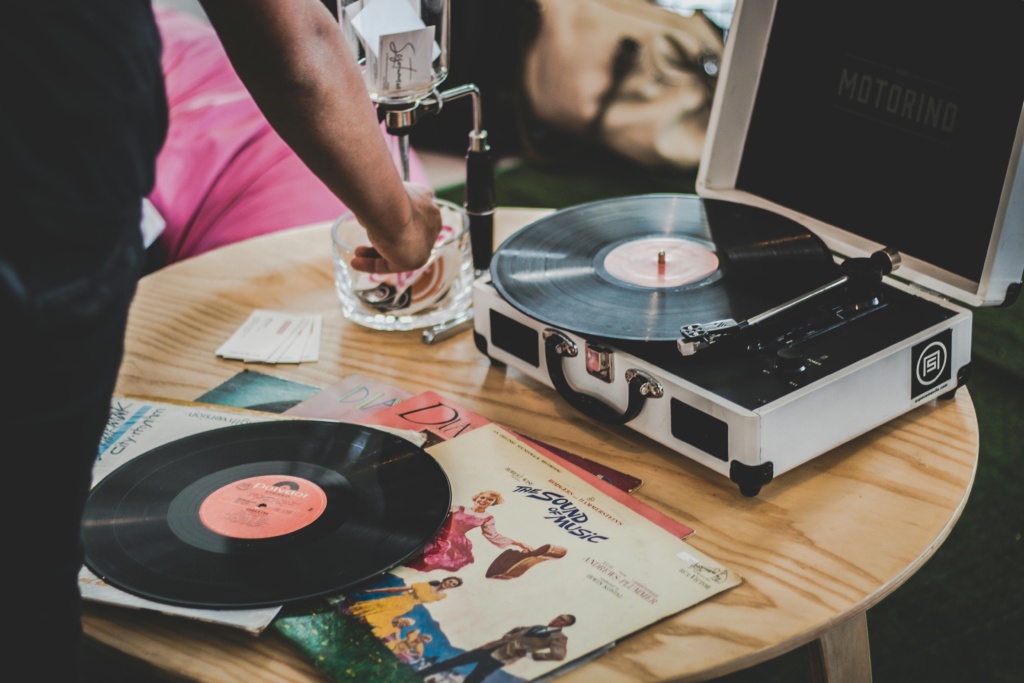by Cynthia Germain
The Door County Caregiver Coalition, led by the ADRC and made up of various organizations, meets every other month to discuss the concerns of caregivers and how to help them. Dementia care is often a topic. Our last meeting had reminded me of web-based tools that I had recently learned about to help caregivers manage the day through music.
Scientific studies have shown that music has a unique ability to reach deep into the recesses of memory and emotion, often sparking recollections and emotions that other forms of communication may not. For individuals with dementia, where verbal communication may become challenging, music becomes a universal language that transcends cognitive decline.
Music has the power to stimulate multiple areas of the brain, including those associated with memory, emotion, and motor skills. Even in advanced stages of dementia, individuals may still respond to familiar tunes, bringing moments of joy, comfort, and connection. It’s a bridge that helps maintain a sense of self and identity when other aspects of cognition may be fading.

Here’s some suggestion on how to integrating music into daily care:
Morning Serenade:
Begin the day on a positive note with uplifting and familiar tunes. Consider playing songs from the person’s youth to evoke memories and set a cheerful tone for the day.
Melodic Mealtimes:
Enhance the dining experience by incorporating soothing melodies. Music can stimulate appetite, create a relaxed atmosphere, and make meals a more enjoyable social activity.
Afternoon Interludes:
Combat restlessness and agitation with calming music during the afternoon. Instrumental or nature sounds can provide a serene backdrop for relaxation and reflection.
Sundown Serenity:
As the day transitions into evening, select calming music to ease the transition into nighttime. This can be particularly helpful for individuals experiencing sundowning, a common phenomenon where agitation and confusion increase in the late afternoon and evening.
Say what you will about technology, but many are doing good with it. The dementia care arena is a great example with web based tools to create the perfect playlist. Here are two websites to check out:
https://musicformymind.com/
https://www.veramusic.com/
Here’s some things to consider as you explore this process:
- Take note of the person’s musical preferences. Engage in conversations with family members and friends to gather insights into their favorite genres, artists, and specific songs.
- Create a playlist that spans the various stages of the person’s life. Include music from their childhood, adolescence, and adulthood. This diverse collection can tap into a rich reservoir of memories.
- If the person has cultural or ethnic preferences, incorporate music that holds cultural significance. This can create a sense of familiarity and connection.
- Craft a playlist that accommodates different moods and times of the day. Include lively tunes for moments of energy and more soothing melodies for relaxation.
By integrating carefully curated playlists into daily routines, you can unlock the transformative power of music, easing caregiving tasks and fostering moments of meaning with those living with dementia.

